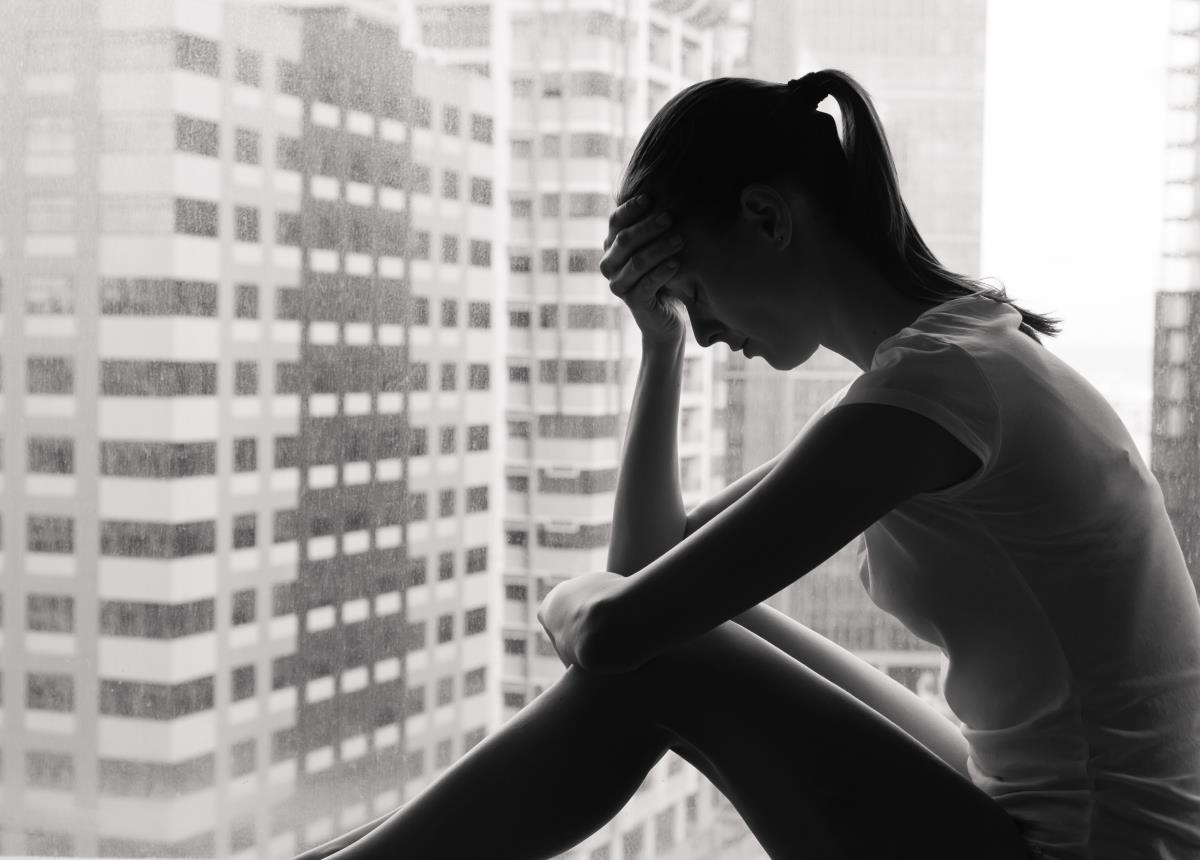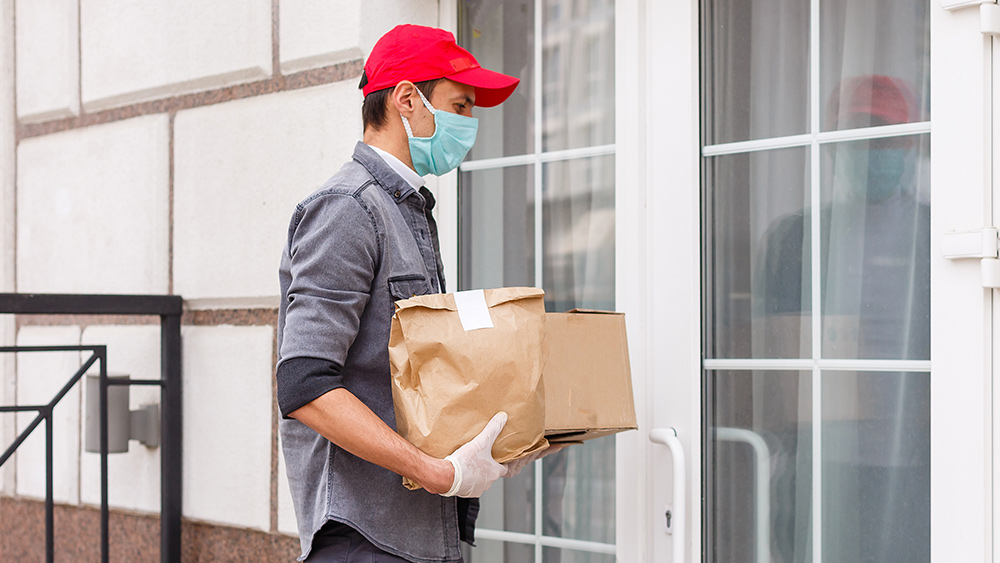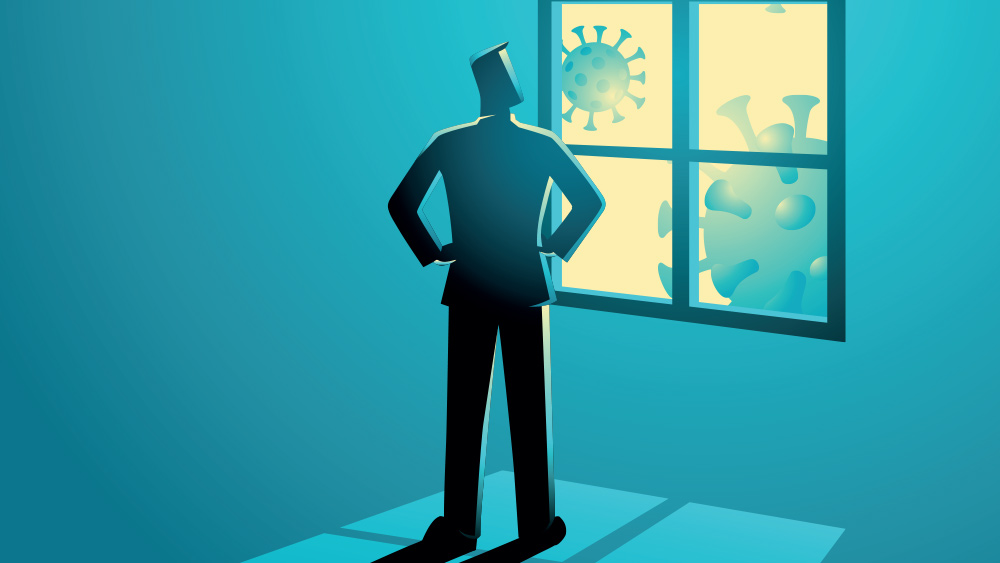Suicide spike in Japan linked to coronavirus pandemic; Prevention measures must be implemented immediately, experts warn
10/26/2020 / By Zoey Sky

Experts in Japan are blaming the ongoing Wuhan coronavirus (COVID-19) for an increase in the number of suicides in the country in August.
The August surge was driven by an increasing number of women and school-aged children taking their lives. The alarming figures suggest that the fallout from the pandemic is harming the mental health of certain groups of people more than others.
COVID-19 adversely affecting Japanese students’ mental health
While suicides are still the top cause of premature deaths in Japan, the country’s suicide rate has actually been on the decline for the past decade. That all changed with COVID-19.
Government statistics reveal that the number of suicides in August increased by 15.4 percent to 1,854. The number of women taking their own lives increased to 40 percent while the number of suicides of students in elementary to high school jumped to 59 cases, doubling from the same period in 2019. The latter group, in particular, look to be more vulnerable to feelings of stress due to the pandemic with the number of suicides for those under 20 being the only segment experiencing an uptick.
According to a survey conducted by the National Center for Child Health and Development, over 70 percent of schoolchildren in Japan feel stress because of the spread of the coronavirus.
The survey found that 72 percent of elementary, junior high and senior high school students said thinking about the virus made them feel bad or affected their concentration. Nine percent of respondents reported instances of self-harm or using violence against family members or pets.
Results also revealed that 32 percent wouldn’t want others to find out if they or any family members were infected with COVID-19. While 47 percent of participants believe most people would want to keep their condition a secret, 22 percent reported they wouldn’t want to mingle with anyone who has had the disease, even after they have recovered.
Even the reopening of schools and a return to a semblance of normalcy may not have helped as students struggle to catch up with the lessons they missed. Hiroyuki Nishino, the head of Tamariba, a non-profit organization that helps struggling kids, suggests that this could be because students feel “even more pressured to catch up with the delay.”
The disruption caused by the pandemic was also linked to “futoko,” the phenomenon of children refusing to go to school. Nishino reported that children as young as five years old are already talking about dying or “wanting to disappear.”
Lifelink, a Tokyo-based nonprofit that operates a suicide helpline, reported that at least 20 percent of calls received from May to August came from children in elementary, middle and high schools. Lifelink head Yasuyuki Shimizu added that messaging apps were crucial as they helped children call for help without parental knowledge. The apps are important, especially in cases involving domestic violence.
Parent’s own mental stress makes them miss important signs in their children
The increase in suicides among children could be further compounded by their parent’s own stress.
Mayumi Hangai, a doctor at the National Center for Child Health and Development who surveyed children’s stress levels during the pandemic, warned that parents stressed because of the pandemic “may be missing signs from their children and not being compassionate enough about their problems.”
Also, she said that stress or unhappiness experienced by parents could transfer to their children. She noted that the latter don’t have social outlets while schools are closed and are unable to participate in extracurricular activities while social distancing, causing their stress levels to build up.
Pandemic could lead to global increase in “deaths of despair”
The pandemic’s effect on mental health may be difficult to address because it is hard to determine the extent of self-inflicted harm until it’s too late. Unlike Japan, countries like America and China don’t report official data on suicides until years later.
Experts, however, anticipate a wave of pandemic-related deaths in 2020 while anecdotal evidence can be traced on social media platforms. (Related: An invisible danger: Coronavirus pandemic a threat to the mental health of Americans.)
According to Asian Development Bank chief economist Yasuyuki Sawada, studying up-to-date suicide numbers can help experts determine which groups are at high-risk. Sawada, a University of Tokyo professor who has written books on suicide prevention and the phenomenon’s economic impact, added that once local governments identify which age group or what occupations are showing higher risks for suicides, the faster it is to implement suicide prevention measures.
Findings from a U.S. study released in May suggest that at least 75,000 additional people could die in the next decade from “deaths of despair” because of the pandemic. The term refers to suicides and substance-abuse-related deaths amid the COVID-19 crisis.
In Korea, which has the highest suicide rate in the Organisation for Economic Co-operation and Development (OECD), a suicide spike among women also occurred in April, March and June. Data suggests, however, that the overall number of suicides in Korea between January and July declined compared to 2019.
In response to the uptick in suicide rates, health experts have emphasized the need to allot funding and investment in mental health infrastructure to help vulnerable populations, particularly those affected by the pandemic.
This has already begun to happen in Japan where the government set aside a supplementary budget of 1.1 billion yen ($10.4 million) for suicide prevention in July. The amount was added to the 2.6 billion yen approved in April.
Financial support from the government is key to addressing the root of the suicide spike, but it’s more important to recognize mental health as an issue. Sawada concluded that measures “to address mental health should be a pillar of public health policy as well.”
If you are having thoughts of suicide, contact the following hotlines:
If you live in Japan, call the TELL Lifeline at 03-5774-0992 or visit the TELL Lifeline website.
If you live in the U.S., call the National Suicide Prevention Lifeline at 1-800-273-8255 (TALK) or visit SpeakingOfSuicide.com for more resources.
Sources include:
Tagged Under: anxiety, China, coronavirus, covid-19, depression, flu, infections, isolation, Japan, lockdown, lockdown anxiety, lockdowns, medical research, mental health, mind, moods, outbreak, pandemic, quarantine, stress, suicide, superbugs, virus, Wuhan coronavirus
RECENT NEWS & ARTICLES
COPYRIGHT © 2018 ENSLAVED.NEWS
All content posted on this site is protected under Free Speech. Enslaved.news is not responsible for content written by contributing authors. The information on this site is provided for educational and entertainment purposes only. It is not intended as a substitute for professional advice of any kind. Enslaved.news assumes no responsibility for the use or misuse of this material. All trademarks, registered trademarks and service marks mentioned on this site are the property of their respective owners.



















